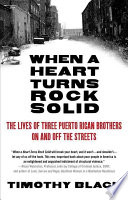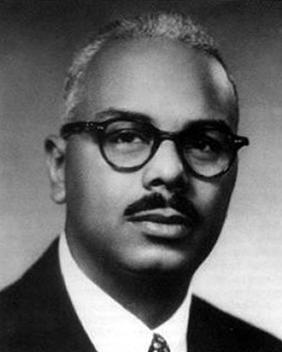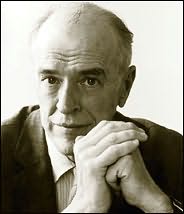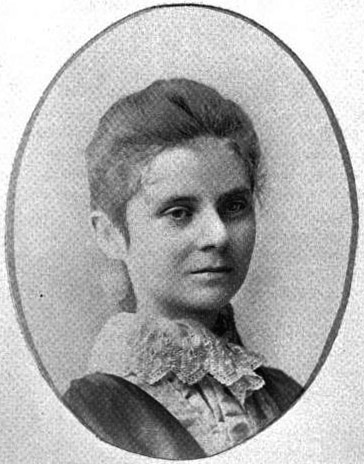
Timothy Black
Born:
Pen Name: None Connection to Illinois: Black lived in Mason City, Illinois. He graduated from Mason City High School (now Illinois Central High) in 1976. Biography: Black is an Associate Professor of Sociology and a Faculty Associate of the Social Justice Institute at Case Western Reserve University in Cleveland, Ohio. His scholarly work examines the intersections between larger social structures and personal lives. He attempts to identify the processes and mechanisms through which social and economic marginalization is (re)produced and to show how life in marginalized spaces is negotiated. His research focuses on the post-1970s period of neoliberalism and, more recently, the Great Recession and their respective impacts on the working classes and marginalized communities more specifically. He advances a medium of sociological storytelling to illustrate how social structures are lived. Black teaches courses on urban sociology, urban poverty, and qualitative research methods.
Awards:
- ''When a Heart Turns Rock Solid'' was named one of the best books of 2009 by the Washington Post, won the prestigious Mirra Komarovsky Book Award from the Eastern Sociological Society in 2010, was awarded the Humanist Book Award in 2010 by the Association
Website: http://www.case.edu/artsci/soci/Deimling/timblack.html
Timothy Black on WorldCat : http://www.worldcat.org/search?q=timothy+black
Selected Titles
 |
When a heart turns rock solid : ISBN: 0307454878 OCLC: 462883128 Vintage Books, New York : 2010. Employing a sociological storytelling method, Black, associate professor of sociology at the University of Hartford, recounts the lives of three Puerto Rican brothers living in poor, gang-dominated Springfield, Mass., whom he befriended and followed for 18 years. The book is not so much about the brothers--Julio, Fausto and Sammy--and their friends as it is about the cultural and social forces and the economic and political policies that in the latter decades of the 20th century determined the boys' fates and the fates of thousands of others. Flawed bilingual education programs doomed them to virtual illiteracy, while harsh drug laws warehoused them in a rapidly expanding prison system. While the author provided concrete forms of assistance--especially for the two younger brothers, who battled addiction--the pull of the street as well as the inadequacy of their education led to failed or marginally productive lives, even for the motivated eldest son, Julio. |




